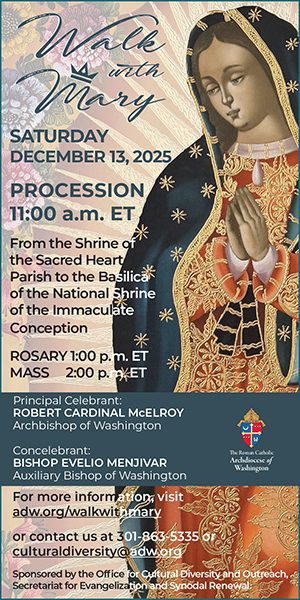Do you wish you had a manual to change the world? Did you know there is an app for young people to "change ourselves with the Gospel first, and then our closest surroundings, and finally the whole world"?
The DOCAT (pronounced "do-cat") is a catechism for youth about Catholic social teaching that was introduced at World Youth Day Krakow, in Poland. It answers 328 questions that explain what it means to be Christian in your family, work and society. Questions like: If God created the world out of love, why is there injustice and suffering? What does freedom mean? What does globalization actually mean? How can interreligious cooperation reinforce involvement in social issues?
A follow-up and companion volume to the popular YOUCAT (Youth Catechism), the DOCAT was reportedly created with the help of young people around the world and at the request of youth in the United States who emailed the YouCat Foundation. So far, over 137,600 people have used the DOCAT app and many youth groups are using the book version in their ministries.
Jesus told his disciples in Matthew 25, "Amen, I say to you, whatever you did for one of these least brothers of mine, you did for me." Countless teens are dedicated to causes that help to ensure everyone’s rights are respected. Often diocesan newspapers highlight how teens take initiatives to perform corporal works of mercy and just help people in their community and the world in any way they can.
A survey by the Center for FaithJustice, a New Jersey nonprofit that provides service immersion programs for students to help those in need, showed that most of the alumni surveyed continued volunteer service, still consider themselves Catholic or belong to a faith community.
"I’ve become a mission-driven individual because of my time here," Maureen Plover told the Trenton Monitor back in November. She now works for a nonprofit in Pennsylvania.
Often Catholic social teaching is (mis)interpreted through the lens of different political partys' platforms – but having an integrated view of Catholic social teaching is helpful for young people who get the need to dedicate time and resources to better the world.
What is the connection between rights and duties? The answer in the DOCAT includes a quote from St. John XXIII’s encyclical "Pacem in Terris": "To claim one's rights and ignore one's duties, or only half fulfill them, is like building a house with one hand and tearing it down with the other hand."
As a Busted Halo article about saints like St. Katharine Drexel and St. Damien who stood up to injustices said: "Putting social justice into action means caring for those less fortunate, speaking up when you see injustice, striving for unity rather than division and protecting life in all its varied, wonderful forms."
Like the YOUCAT, DOCAT’s format is user-friendly without oversimplifying or compromising Church teaching (or patronizing its young readers). The DOCAT, which also has a print version, answers questions Catholics may have, backing them up in Scripture, the Catechism of the Catholic Church, the Compendium of the Social Doctrine of the Church and other important documents that date back to Pope Leo XIII in 1891. The answers stress that the teaching is centered in God.
"Only conversion of heart can make our world, which is full of terror and violence, more humane," Pope Francis said in the foreword of DOCAT. "That means patience, justice, prudence, dialogue, integrity, solidarity with victims, the needy, and the poorest, limitless dedication, love even unto death for the sake of the other."
By understanding and acting on what we preach as a church, we can make a positive impact. For young people looking for ways to help others today, DOCAT is a good place to start.
To get the DOCAT app in different languages, go to the Google or Apple store.
(Maria-Pia Negro Chin, a columnist for the Catholic News Service, is bilingual associate editor at Maryknoll Magazine.)












